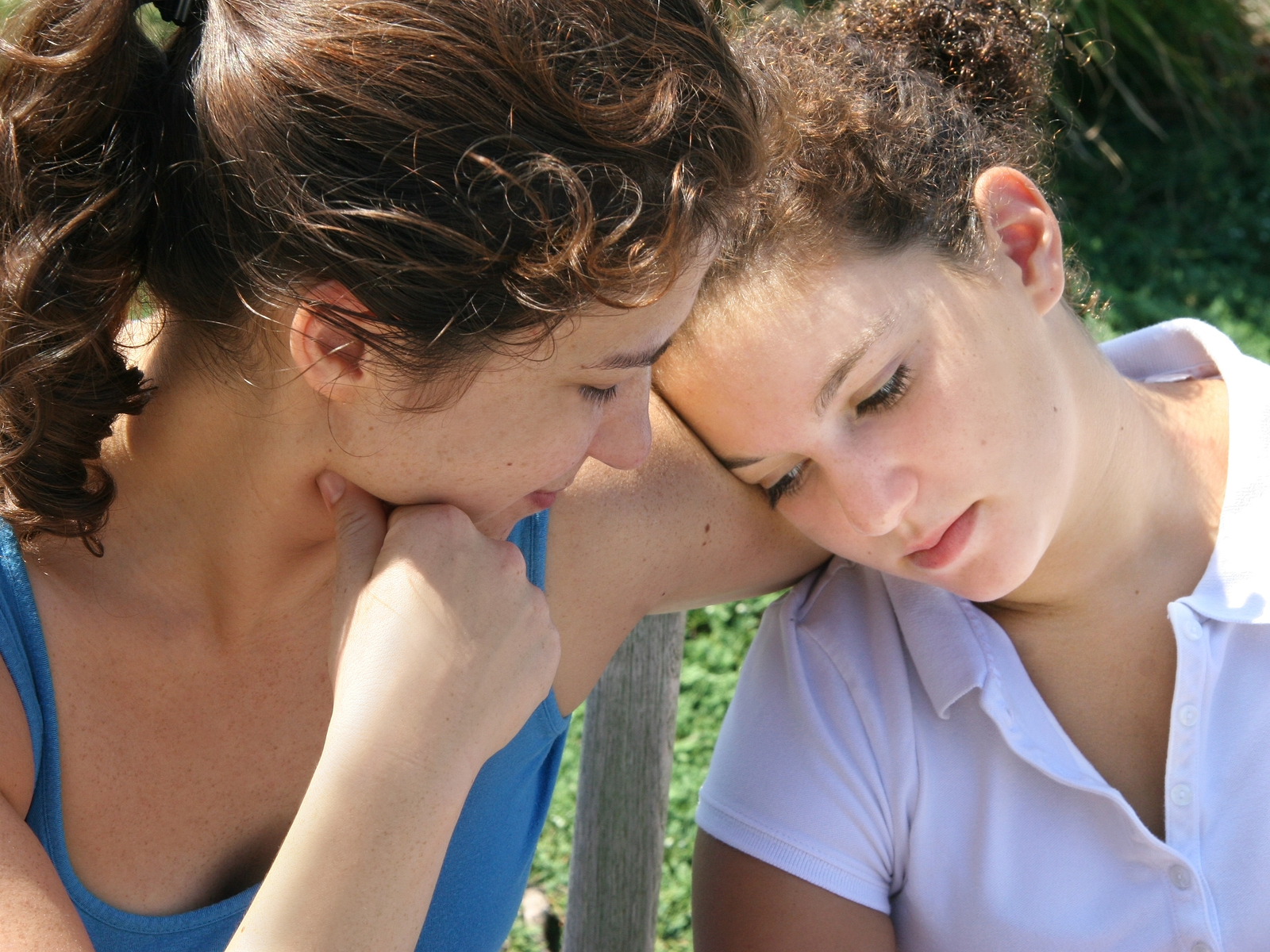For two years, I had my daughter as a student in my public school classroom. A desired blessing fraught with unforeseen challenge, this rare arrangement taught me much about seeing people like Jesus sees them, giving God room to do what only He can, and loving people even when you don’t particularly like them.
Ready? Time to get vulnerable.
Giving God room to do what only He can.
Until my daughter became my student, I tried to micro-manage her life. Her sense of well-being my subconscious first priority in situations pertaining to her, I tried to keep her calm, happy, safe, and entertained, heading off conflict before it could reach her and working to make her every experience the very best it could possibly be.
Society’s search for the superlative was in full swing by then, and my husband and I, not having the benefit of hindsight yet, had bought in years earlier. Every friend had to be a “bestie,” although the term hadn’t yet been coined—thank goodness! Every gift had to be the biggest or most unique. Every experience had to be the coolest. When she turned three, we put an entire petting zoo in our tiny back yard for her birthday, for crying out loud!
When I became my daughter’s teacher, I saw first-hand what our generosity had cost her, the opportunity to learn how the world really works, how to resolve conflict while preserving relationship, how to be content in every situation, and how to love people in spite of their many faults.
As soon as I saw my mistake, I took my hands off the bike like it was on fire and hung back. That probably wasn’t the right approach either. I’ve since learned there is value in running alongside the bike for as long as you are needed. Fortunately, she welcomed her newfound independence and gladly accepted the responsibility that came with it.
The result? God made significant ground in the work of transformation He’d begun in our sweet girl’s heart when she first put her faith in Jesus. My first priority no longer my daughter’s sense of well-being, but the work of the Gospel, even in situations pertaining to her, I was able to form relationships with people I otherwise wouldn’t have, people with whom she might not have chosen to form a friendship, not because either person had done anything wrong or bore the other ill will, but because some fish just get along better when looking through the glass of separate tanks. (Some more serious situations had to be handled differently, and we’ll talk about that in part 3.) I was finally able to share the Gospel with these new friends in varying degrees through word and deed and fulfill my God-given mission.
My daughter was confused, at times, by my willingness to befriend certain people, but the talks those situations brought about gave me the opportunity to explain the Gospel isn’t just a treasure map to salvation, but a template for our very lives.
Although she never said so or complained, I suspect she still didn’t like it sometimes, and I often wondered whether my choices had damaged our relationship. Now that she’s grown, however, I’ve heard my words come from her mouth, and I’ve watched her choose to love the unlovable in practice while her poor wounded heart catches up, filling my own to the brim.
To be continued…
